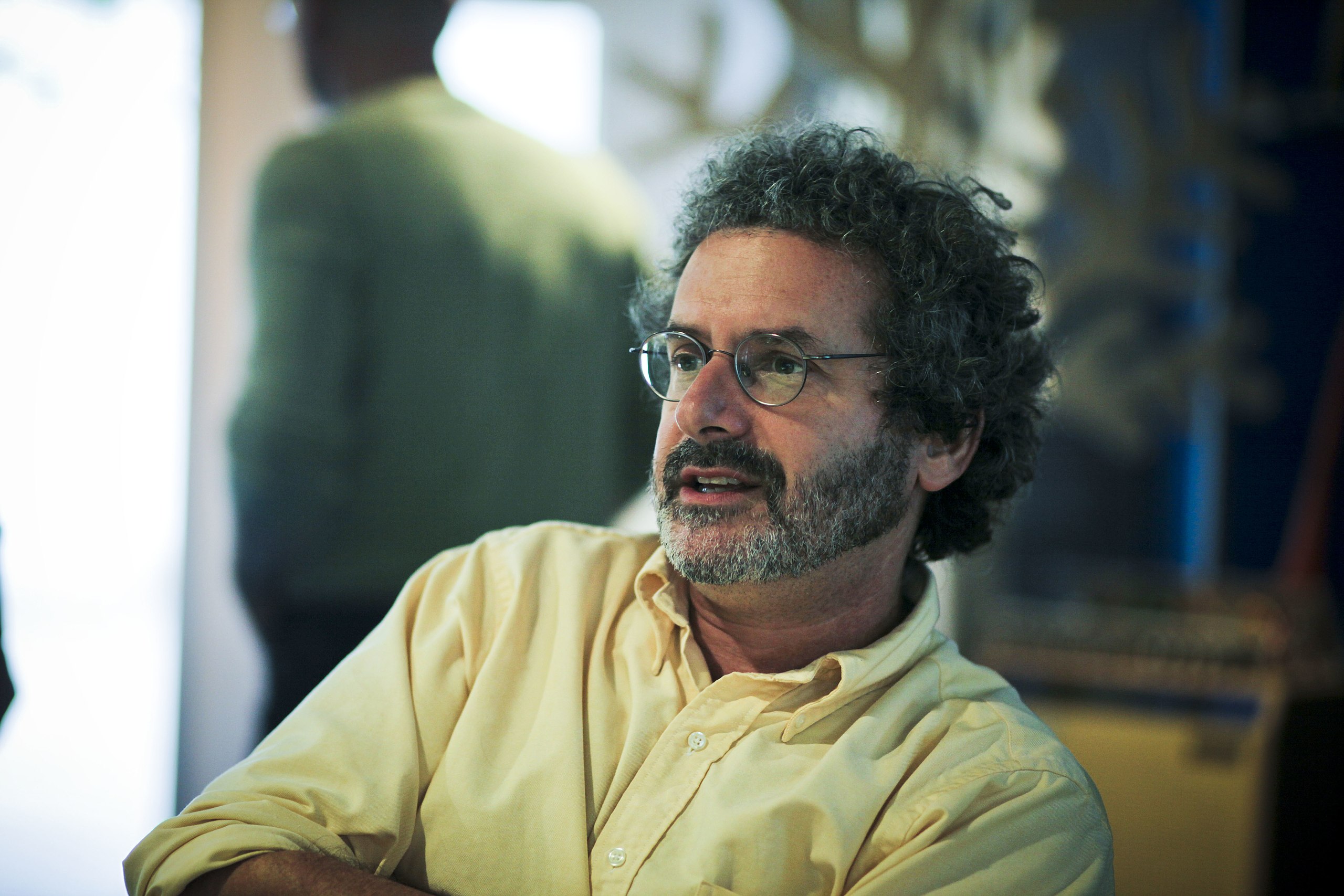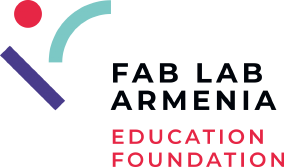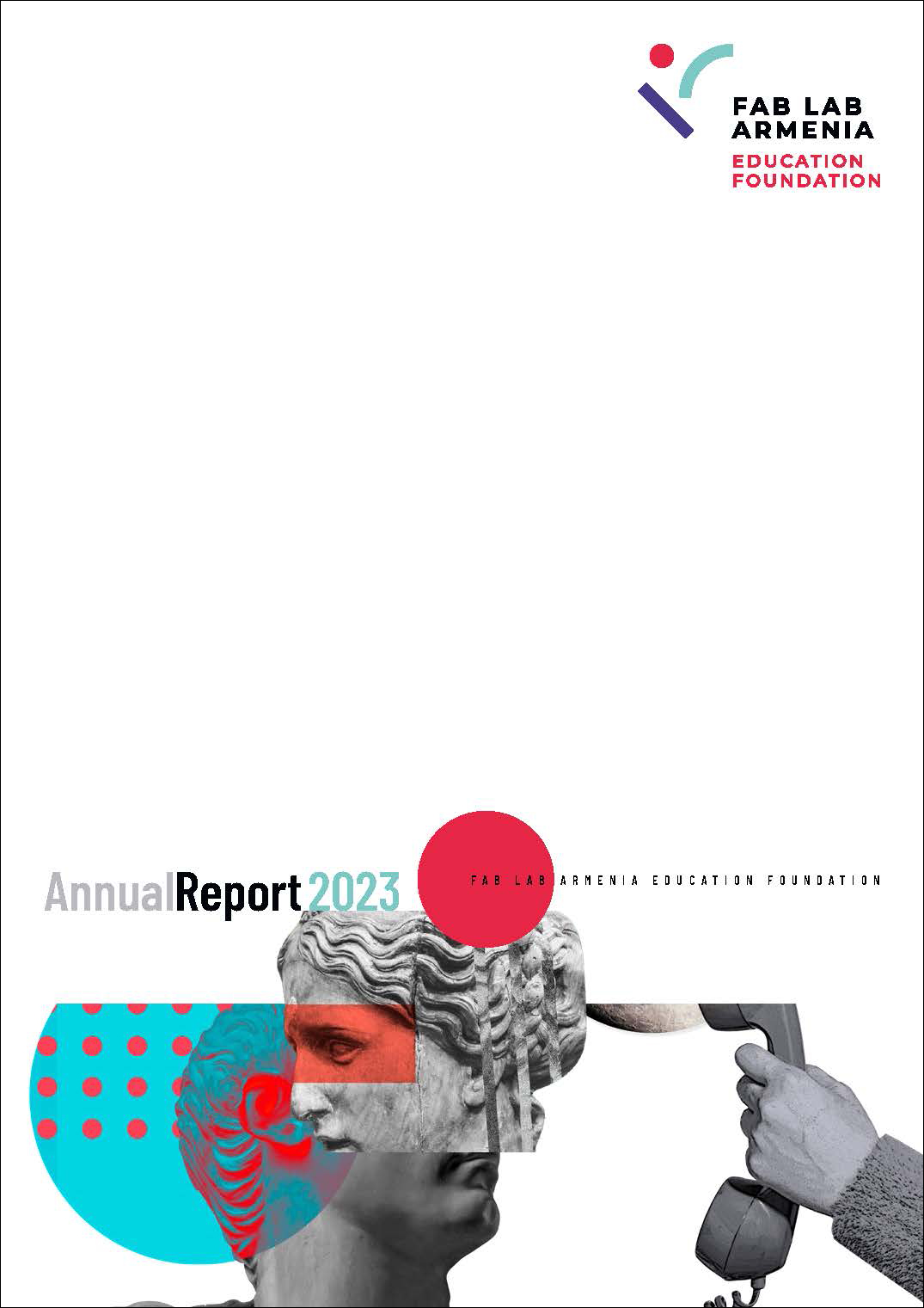
Neil Gershenfeld
The Fab Lab Armenia Education Foundation and Fab Academy is possible thanks to the help of many, including the Fab Lab program originators in the Media Lab at Massachusetts Institute of Technology (MIT). It originates in a collaboration between the Grassroots Invention Group and the Center for Bits and Atoms, broadly exploring how a community can be powered by technology at the grassroots level.
Computer science is one of the worst things that ever happened to either computers or to science.
–Neil Gershenfeld
We are grateful to founder Neil Gershenfeld who said: “Wherever we open a Fab Lab, we’ve found that it attracts exactly the same profile of bright, inventive people.”
More than ten years ago, Neil Gershenfeld, professor of media arts and sciences and the founder and director of MIT’s Center for Bits and Atoms (CBA), began an outreach project that has grown into a global program for empowering local invention, engineering education, and entrepreneurship. He developed self-contained fabrication shops equipped with the latest rapid-prototyping equipment — laser cutters, computer-controlled milling machines, 3D printers, and so on — that could be easily installed anywhere in the world. Since then, hundreds of what came to be called Fab Labs have been installed in dozens of countries, and last August thousands of the labs’ users and operators gathered at MIT for a 10th-anniversary conference.
If anyone can make anything, anywhere. It fundamentally changes the meaning of business.
–Neil Gershenfeld
The first computer-controlled milling machine was made at MIT in 1952. Since then, many kinds of end effectors — the part of a manufacturing machine that actually does the work — have been introduced, both adding material to an object and subtracting material from one. However, like the original Numerically Controlled (NC) mill, the physical processes used in today’s most advanced rapid-prototyping tools still continuously add or remove material.
You don’t need personal fabrication in the home to buy what you can buy, because you can buy it. You need it for what makes you unique, just like personalization.
–Neil Gershenfeld
Around the time the first NC mill was being developed, Claude Shannon, the pioneer of information theory, was writing his seminal MIT master’s thesis. Digital computing and communications rest on threshold theorems, which show that by manipulating discrete symbols rather than continuous quantities, imperfect devices can operate more or less perfectly.
We’ve had a digital revolution, but we don’t need to keep having it. And I’d like to look after that, to look at what comes after the digital revolution.
–Neil Gershenfeld
A third digital revolution is now underway that is extending this insight into fabrication, by discretizing not just the description of a design but also the materials that it is made from, in the same way that living systems are assembled from a small set of amino acids. Collaborative CBA projects are coding construction of systems ranging from molecular machines, to integrated electronics, to aircraft and space structures.
Quotes by Neil Gershenfeld
THINK GLOBALLY, FABRICATE LOCALLY.
–Neil Gershenfeld
The real opportunity is to harness the inventive power of the world to locally design and produce solutions to local problems.
Fungible goods in economics can be extended and traded. So, half as much grain is half as useful, but half a baby or half a computer is less useful than a whole baby or a whole computer, and we’ve been trying to make computers that work that way.
–Neil Gershenfeld



